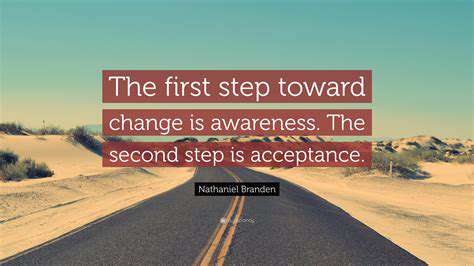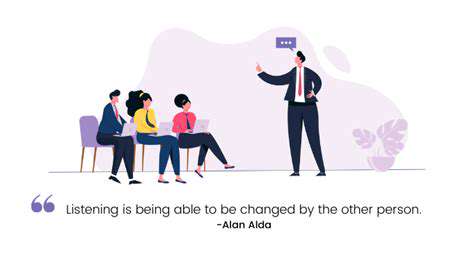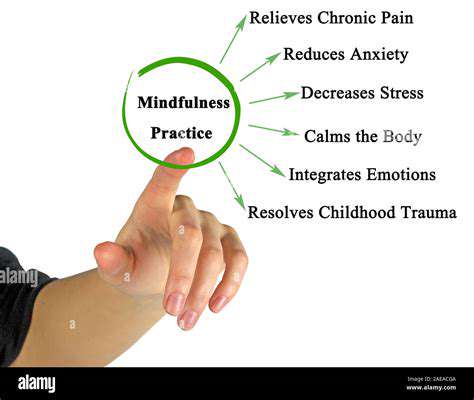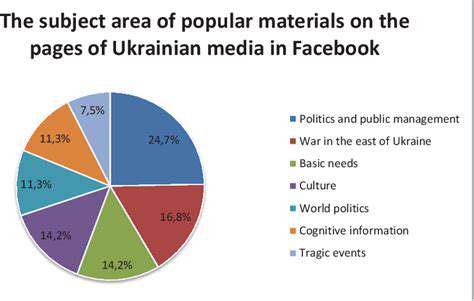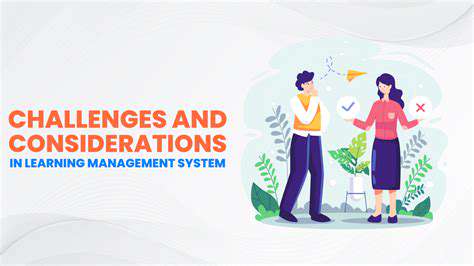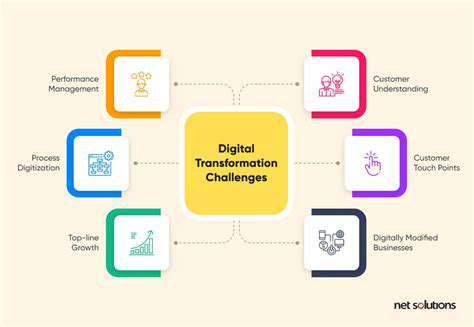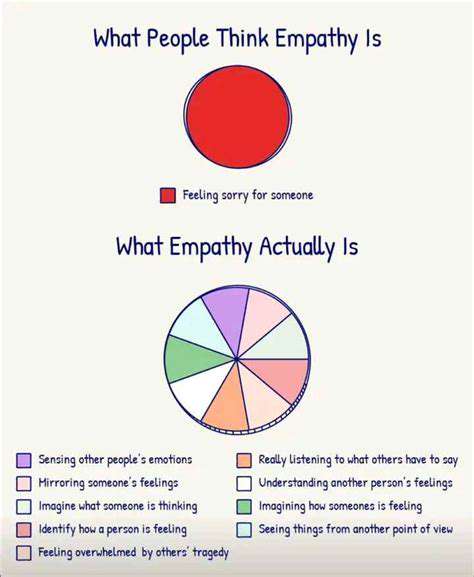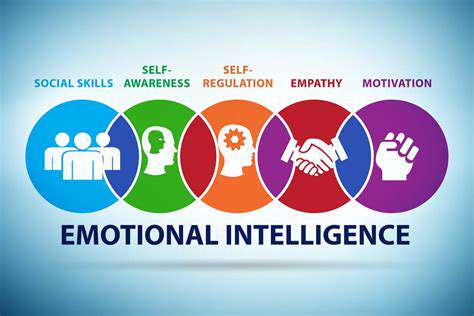Why Emotional Intelligence is Crucial for Personal and Professional Success
The Essence of Emotional Intelligence
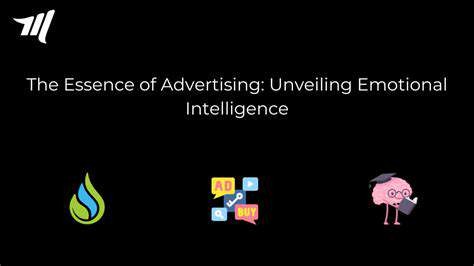
The Definition of Emotional Intelligence
Emotional Intelligence (EI) refers to the ability to understand and manage one's own emotions, as well as the emotions of others. It encompasses several key skills, including emotional awareness, empathy, self-regulation, and social skills. Having a high level of EI can significantly influence both personal and professional relationships. Individuals with strong emotional intelligence recognize their emotional triggers and can navigate emotional responses effectively.
Moreover, they are adept at interpreting others' emotions, allowing for more meaningful interactions and connections. This ability to empathize and respond appropriately to others' feelings is crucial for team dynamics in the workplace and personal relationships.
In contrast, those with low emotional intelligence may struggle to connect with others, leading to misunderstandings and conflict. Understanding emotional intelligence is essential for developing skills that are valuable in every aspect of life.
In conclusion, a clear grasp of what emotional intelligence entails sets the foundation for recognizing its impact on interactions and success in various environments.
Components of Emotional Intelligence
Emotional intelligence consists of five primary components: self-awareness, self-regulation, motivation, empathy, and social skills. Self-awareness involves recognizing and understanding one's own emotions and their impact on thoughts and behavior.
Self-regulation refers to the ability to manage emotions in a healthy way, maintaining control even during stressful situations. Motivation encompasses being driven to pursue goals with energy and persistence despite challenges.
Empathy allows individuals to understand and consider the emotions of others, fostering deeper connections. Finally, social skills include the abilities required to build and maintain relationships, navigate social complexities, and influence others.
Each of these components is interlinked, contributing to an individual's overall emotional intelligence and affecting their interactions with the world around them.
The Role of Emotional Intelligence in the Workplace
In a professional setting, emotional intelligence plays a critical role in leadership, teamwork, and conflict resolution. Leaders with high emotional intelligence are often more effective at motivating and inspiring their teams. They can gauge the morale of their team members and respond effectively to their emotional needs.
Moreover, emotionally intelligent individuals can handle conflicts with greater diplomacy, seeking solutions that benefit all parties involved. Their ability to empathize allows them to see issues from multiple perspectives, fostering collaborative problem-solving.
In addition to resolving conflicts, emotional intelligence can enhance team cohesion. Strong interpersonal relationships built on understanding and trust lead to increased productivity and satisfaction in the workplace. A workplace culture that values emotional intelligence can lead to higher employee retention and overall success.
Ultimately, emotional intelligence is not just a personal trait but a vital skill that can be cultivated and developed over time within professional contexts.
Benefits of Emotional Intelligence
Developing emotional intelligence offers numerous benefits, both personally and professionally. On a personal level, individuals with high EI tend to experience better emotional regulation, leading to lower levels of stress and anxiety. They are also more capable of forming strong, meaningful relationships.
Furthermore, emotionally intelligent individuals are generally more adaptable, allowing them to navigate change and uncertainty more effectively. They are likely to exhibit resilience during tough times, using their emotional skills to bounce back swiftly.
At work, emotional intelligence can enhance job performance and career advancement opportunities. Employees with high EI demonstrate better cooperation, innovation, and leadership qualities, which are valuable assets in any organization. Companies that prioritize and cultivate emotional intelligence often see increased employee engagement and a positive workplace culture.
Overall, the cumulative benefits of emotional intelligence contribute to a more fulfilled and successful life.
Ways to Develop Emotional Intelligence
Improving emotional intelligence is a continuous journey that involves self-reflection and practice. One of the most effective ways to develop EI is by increasing self-awareness through mindfulness practices, such as journaling or meditation. These activities help individuals recognize their emotional triggers and responses.
Practicing empathy is another essential step in building emotional intelligence. This can be achieved by actively listening to others, considering their feelings and perspectives, and seeking to understand their emotional states. Engaging in honest conversations about emotions can foster a deeper understanding of oneself and others.
Additionally, seeking feedback from trusted peers or mentors can provide valuable insights into one's emotional behavior and interpersonal skills. Embracing constructive criticism allows individuals to identify areas for improvement. Participating in workshops or training sessions that focus on emotional intelligence can further enhance these skills.
In conclusion, by committing to the development of emotional intelligence, individuals can create a more emotionally aware environment, leading to lasting personal and professional benefits.
The Impact of Emotional Intelligence on Personal Relationships
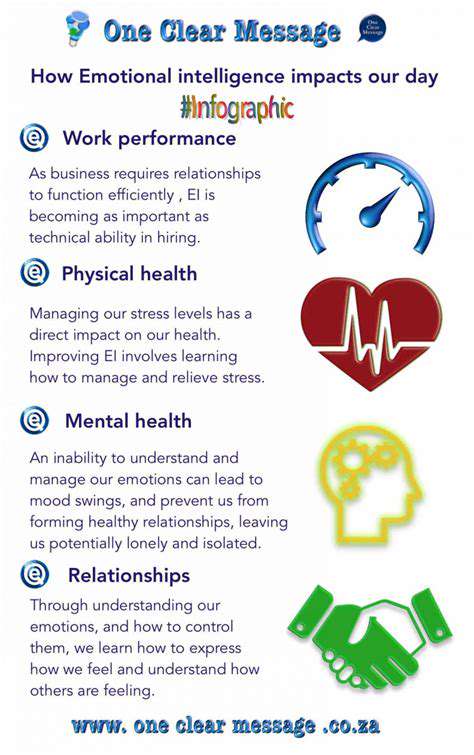
The Role of Empathy in Emotional Intelligence
Empathy is a central component of emotional intelligence that allows individuals to connect with others on a deeper level. This quality enables one to understand and share the feelings of another person, fostering stronger relationships. Those who practice empathy can navigate social situations more effectively, leading to more meaningful interactions.
By being empathetic, individuals can resolve conflicts more amicably and create a supportive environment. This support can be vital for maintaining long-lasting personal and professional relationships. In turn, this reduces misunderstandings and enhances collaboration.
The development of empathy also encourages open communication, allowing people to feel heard and valued. As a result, this can lead to improved teamwork and a healthier emotional climate within both personal and professional settings.
Emotional Regulation and Its Benefits
Emotional regulation is another critical aspect of emotional intelligence that involves managing one’s emotional responses. By learning how to control impulses and reactions, individuals can handle stress and adversity more effectively. This skill is particularly important in high-pressure situations.
Proper emotional regulation helps in decision-making, allowing individuals to remain calm and focused. This clarity helps avoid rash decisions based on temporary emotions, leading to better outcomes in various scenarios.
Furthermore, those who practice emotional regulation can provide a stabilizing influence on others, which is invaluable in professional environments. By modeling self-control and composure, they can inspire their colleagues to adopt similar practices, enhancing overall workplace harmony.
Building Resilience Through Emotional Intelligence
Resilience is the ability to bounce back from setbacks, and emotional intelligence plays a significant role in developing this trait. People with high emotional intelligence can navigate life's challenges with a more adaptable mindset. This adaptability is crucial for personal growth and achieving long-term success.
By understanding their own emotions and the emotions of others, resilient individuals can maintain a positive outlook even during tough times. This perspective allows them to learn from failures rather than succumb to discouragement.
The capacity to empathize and regulate emotions also fosters a support network that can further enhance resilience. In both personal and professional settings, this network provides encouragement and resources that help individuals overcome obstacles and thrive.
Emotional Intelligence in the Workplace
Understanding Emotional Intelligence
Emotional intelligence (EI) refers to the ability to recognize, understand, and manage our own emotions while simultaneously recognizing and influencing the emotions of others. This multifaceted skill encompasses key components such as self-awareness, self-regulation, social awareness, and relationship management. By honing these capabilities, individuals can navigate both their personal lives and professional environments more effectively, leading to better outcomes in various situations.
At its core, emotional intelligence allows individuals to respond to challenges with a balanced perspective. Those who possess high EI are better equipped to handle stress, adapt to change, and maintain motivation through difficulties. This adaptability not only enhances personal resilience but also fosters a positive workplace atmosphere, where collaboration and empathy thrive.
Impact of Emotional Intelligence on Team Dynamics
The integration of emotional intelligence within teams can dramatically affect overall performance. Teams that prioritize emotional intelligence often witness improved communication, elevated morale, and stronger collaboration among members. When team members are attuned to each other’s emotions, they can respond with empathy and constructive feedback, which strengthens interpersonal bonds and leads to more effective problem-solving.
Developing Emotional Intelligence
Understanding Emotional Intelligence
Emotional Intelligence (EI) refers to the ability to recognize, understand, and manage our own emotions while also being sensitive to the emotions of others. This dual capability is essential for effective communication and relationship building, both personally and professionally.
Individuals with high emotional intelligence can navigate social complexities with ease, which is a valuable asset in any work environment. They often excel in teamwork and collaboration due to their ability to empathize with colleagues and handle interpersonal relationships judiciously.
Moreover, emotional intelligence involves self-regulation. This means being able to manage one’s emotions appropriately in various situations, leading to more strategic decision-making and conflict resolution abilities.
Understanding one's emotional triggers is crucial, as it allows individuals to respond thoughtfully rather than react impulsively. This self-awareness fosters a more stable emotional environment, conducive to productivity and innovation.
In summary, emotional intelligence is not just about being "nice" or having a positive demeanor; it encompasses a broad set of skills that facilitate effective interactions, problem-solving, and leadership capabilities.
Strategies for Enhancing Emotional Intelligence
To develop emotional intelligence, one must actively engage in self-reflection. Journaling can be a powerful tool for processing emotions, understanding triggers, and exploring responses to various situations.
Practicing mindfulness is another effective strategy. Mindfulness techniques, such as meditation, help individuals focus on the present moment, reducing anxiety and increasing emotional awareness.
Seeking feedback from others can provide valuable insights into how one's emotional responses are perceived. Constructive criticism from trusted peers can highlight areas for improvement and enhance self-awareness.
Additionally, engaging in active listening during conversations fosters better communication. This involves truly paying attention to what others are saying, paraphrasing their thoughts, and responding appropriately, which can build stronger relationships.
Finally, setting specific goals for improving emotional intelligence, such as becoming more resilient or practicing empathy, can help track progress and create accountability. By committing to these strategies, individuals can boost their emotional intelligence and reap the benefits in all areas of life.
The Future of Emotional Intelligence
Understanding Emotional Intelligence
Emotional Intelligence (EI) refers to the ability to recognize, understand, and manage our own emotions as well as the emotions of others. It plays a vital role in how we interact and connect with people in both personal and professional settings. This multifaceted skill encompasses several key components, including self-awareness, self-regulation, motivation, empathy, and social skills.
Self-awareness involves having a clear understanding of your own emotions, strengths, and weaknesses. This clarity enables individuals to make informed decisions and behave in ways that are consistent with their core values. Self-regulation, on the other hand, is the capacity to control impulses and emotions, allowing for thoughtful responses rather than reactive ones.
The capacity for empathy is essential in the development of strong interpersonal relationships. It allows individuals to understand and relate to others' feelings and perspectives, fostering a supportive and collaborative environment. Ultimately, these components of emotional intelligence contribute to better communication, conflict resolution, and leadership abilities.
The Impact of Emotional Intelligence on Success
Emotional intelligence significantly influences personal and professional success. In the workplace, leaders with high EI tend to create positive, productive environments. They are better equipped to inspire and motivate their teams, manage stress, and navigate the complexities of interpersonal dynamics. This contributes to improved job satisfaction and employee retention.
On a personal level, individuals with high emotional intelligence often find themselves more adept at forming meaningful relationships. Their ability to empathize and communicate effectively enhances their social interactions, leading to stronger friendships and support networks. This emotional connectivity is crucial for overall well-being and life satisfaction.
